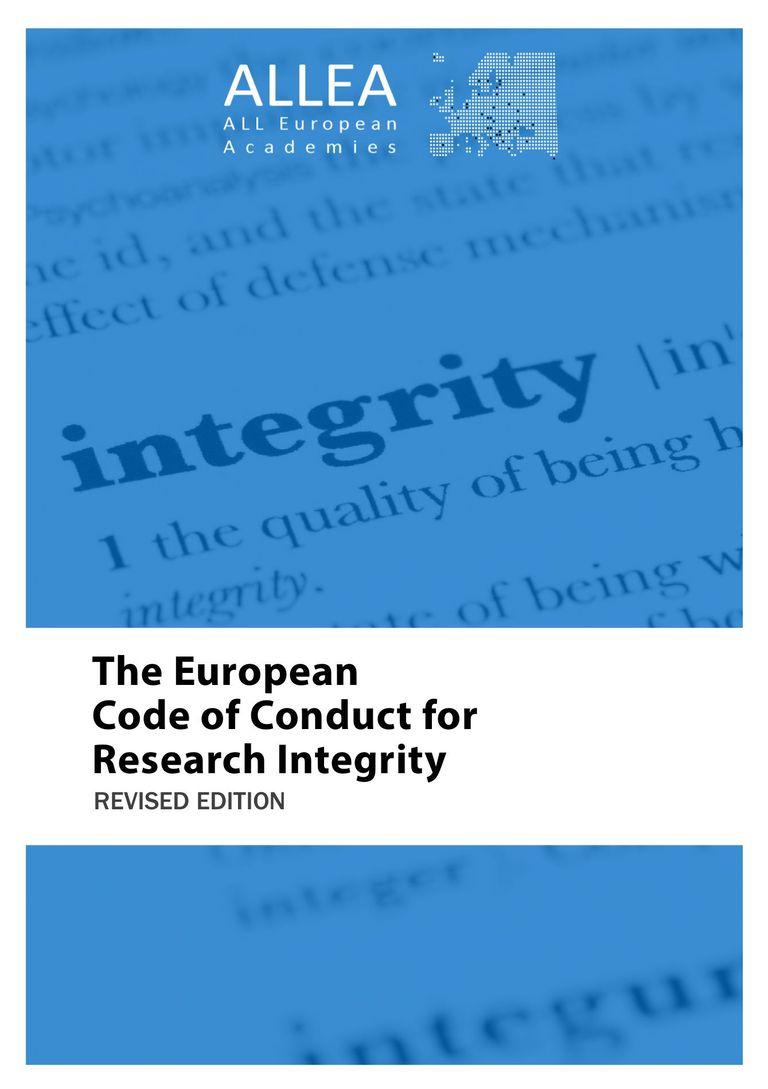TechEthos caught up with Lisa Diependaele, Policy Officer at the European Commission, to understand the European Commission’s vision in the field of the ethics of new and emerging technologies and the role we can play.
TechEthos: Could you first introduce yourself and your work for our audience?
Lisa: I am a Policy Officer in the Unit Research Ethics & Integrity of the European Commission’s Directorate-General for Research and Innovation and through that my work focuses on medical ethics and ethics surrounding new and emerging technologies within a research context. Prior to joining the Commission in 2020, I was a postdoctoral researcher and assistant academic staff member at Ghent University where my research involved ethical issues relating to the protection of pharmaceuticals through patents, data exclusivity and trade secrets, and issues pertaining to the use of algorithms in the context of clinical research. As you can see, this really set me up for my role within the Commission. I serve as Policy Officer for the TechEthos project.
TechEthos: What is the vision of the European Commssion in the field of the ethics of new and emerging technologies?
Lisa: Ethics and integrity in research are key components of and a prerequisite for achieving excellence in research and innovation. For new and emerging technologies with high socio-economic impact especially, the EU aims to reconcile their development and deployment with the reduction of socio-economic inequalities including, in health treatment, social status and social inclusion and gender equality.
TechEthos: What do you feel are some of the biggest challenges for this field?
Lisa: The challenges we face here is not complicated, but complex. Due to the diversity of unknowns and interrelated factors, no fixed sequence of steps can be determined that will bring us the solution. For me, one of the big challenges is to work out clear practical guidance. Once we have a clear picture of what the potential ethical issues and risks are, defining how they must be addressed and by whom, is more difficult. It is mainly on this point that opinions diverge. Another challenge is the increasing internationalisation and interdisciplinarity of research. This requires the development of international and cross-disciplinary terminology to talk about and address ethical issues and risks. Collaboration is key here in addressing present and future ethical risks and issues.
TechEthos: What aspect are you most looking forward to seeing in TechEthos and why?
Lisa: For TechEthos, I am looking forward to seeing the process and the results of the horizon scan: what are the technologies that will shape our future? But this is only the first step in what is to be an exciting journey: from the ethical analysis of the selected technologies, finding new insights, and together with experts and stakeholders work towards concrete steps to embed ethics in the research and development process of these technologies.
TechEthos: Why are projects like TechEthos necessary?
Lisa: We know that with technological progress we can transform society as a whole. For the uncertainties and risks, these technologies bring, however, we have to ensure that their development, from the very beginning, is tied to the realization of our values. TechEthos can be a key component of that endeavour: to create awareness, but most of all to enable researchers to embed ethics in research design and practice (ethics by design) – allowing ethics to be a research enhancer rather than red tape.
For EU policymaking, it is pivotal that new and emerging technologies are thoroughly analysed from an ethical perspective, and that frameworks of ethical governance are developed. Projects like TechEthos, in close cooperation and co-creation with relevant stakeholders, the research community and the broader public, can provide a foundation for the effective ethics governance of these technologies and ensure these technologies unequivocally contribute to human wellbeing.
TechEthos: What other initiatives of the Commission would you highlight in the quest to make sure new technologies are ethically designed for the future?
Lisa: It is the key goal of the Commission to ensure that ethics and research integrity are fully integrated into research, as these are a prerequisite for research excellence and a critical factor in achieving socially relevant impact. To achieve this, Horizon Europe reinforces the development of dedicated training and education material and operational procedures for research institutions and ethics/integrity bodies. For AI, for example, operational guidelines for implementing ‘Ethics by Design and Ethics of Use Approaches for AI’ will be introduced, covering both the development and the deployment of AI-based systems. Other important initiatives are the Digital Education Action Plan (2021-2027), and of course a Proposal for Regulation, laying down harmonised rules on artificial intelligence (Artificial Intelligence Act).
TechEthos: Anything else to add?
Lisa: We know that integrating ethical reflection from the very beginning of the design process is pivotal in helping us to reach satisfying outcomes. However, I want to highlight that ethical reflection will not always result in answers, but it will act as a method to engage and create inclusive and continuous deliberation. Ethical reflection is about the willingness to adapt, to improve, to do better, to improve people’s lives and maximally protect their rights and interests. I think in a way we can say that adopting a critical approach, looking into the ethical challenges and risks in fact makes us optimists: it stems from a belief that we can and must achieve the best possible results.
Image credit: Ernesto Velázquez, Unsplash


















